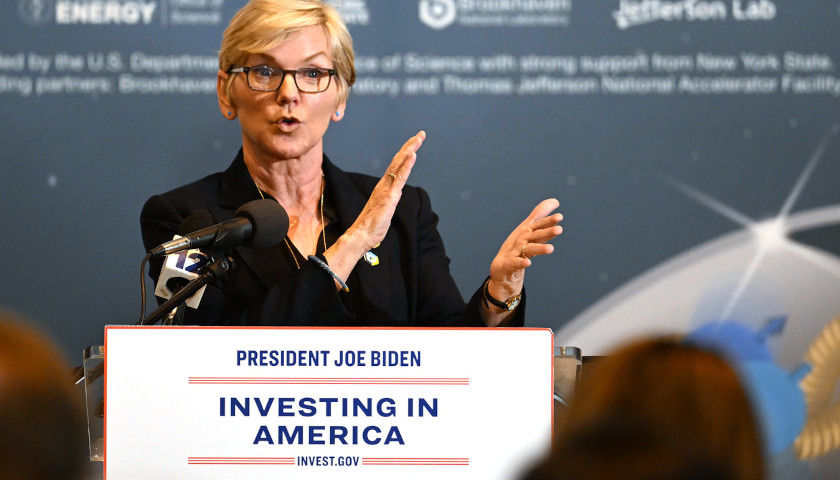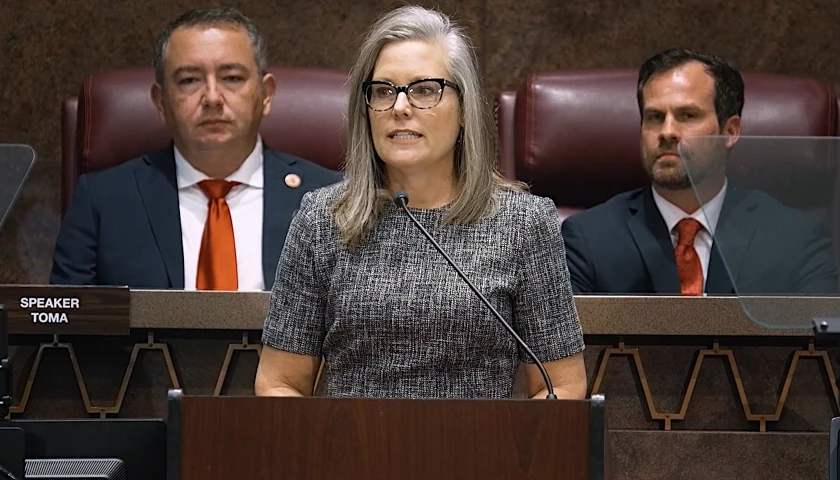by Kerry McDonald
When Elon Musk created a small school for his children and some of his SpaceX employees on the company’s California campus, he created a spark that could just now be catching on in other workplaces across the country.
In a 2015 interview about the school, the billionaire inventor said: “The regular schools weren’t doing the things that I thought should be done. So I thought, well, let’s see what we can do.” A year earlier he had pulled his boys out of an elite private school in Los Angeles and launched Ad Astra, a project-based school with no grade levels, no mandatory classes, and an emergent curriculum.
Now, more companies may be recognizing that offering an on-site, innovative school for employees’ children is an enticing workplace benefit. Employer-based daycare and preschool programs have long been a fixture in many workplaces, helping employees to better balance their job and family life. Once children reach school-age, however, employers largely leave parents on their own.
That could be changing, fueled by the rising popularity of microschools and the ease with which they can be integrated into corporate and other organizational settings.
Microschools are modern twists on the one-room schoolhouse model, where a multi-age group of a dozen or so students learn together with an adult educator using a highly-personalized, often modular curriculum.
Some of the microschooling networks that began to gain a foothold pre-pandemic saw demand for their services skyrocket amidst school closures and related disruptions. One such network is MicroschoolingNV, an initiative through the non-profit organization, Nevada Action for School Options.
Led by Don Soifer and Ashley Campbell, MicroschoolingNV created a pioneering public-private microschool partnership with the City of North Las Vegas to help avoid learning loss during the pandemic response. That program, which allocated city funds for space and resources and required all participating families to register as independent homeschoolers, exceeded expectations. With a personalized learning approach tailored to each child, the students academically outperformed their peers in the larger school district and demonstrated strong learning gains. Additionally, parents were so satisfied with their children’s microschool that they have no intention of returning to their district school, says Soifer.
He and Campbell joined me on the LiberatED podcast this week to talk about their track record of success in supporting microschools in Nevada and beyond.
Their arrangement with the City of North Las Vegas is a prime example of what they call “partnership microschooling,” and they have formed these alliances with organizations ranging from churches to public libraries to businesses. These organizations provide the space and certain resources, such as technology, while MicroschoolingNV and its expanding network of state affiliates offer the curriculum and content support.
The employer-based partnership microschools are particularly promising. “As we talk to employers not only in Nevada but throughout the country, this is a really exciting opportunity for them to add to their benefits package at a time when employers are struggling to hire new employees and even retain the current employees that they have,” said Campbell.
She continued: “Letting folks know that you’re adding a schooling option to your benefits package is very appealing to recruiting new employees. And of course to the employees that you already have, that you care about and that you want to retain, it’s incredibly beneficial. If your child is going to school at your place of employment and they’re happy and they’re getting a great education, then as an employee, you’re happy as well and you feel valued and you’re staying there. So it’s a really powerful addition for an employer to add to their benefits package.”
Over the past two years, parents have become empowered to take a more active role in their children’s education, and they are increasingly seeking alternatives to their assigned district school. From the massive and sustained growth in independent homeschooling to the broad expansion of the microschooling movement, parents are demonstrating their eagerness to embrace innovative learning options.
Just as they did with workplace-based early childhood education programs, smart employers will recognize that offering onsite K-12 microschools will be an effective way to attract and retain talented employees.
– – –
Kerry McDonald is a Senior Education Fellow at FEE and host of the weekly LiberatED podcast. She is also the author of Unschooled: Raising Curious, Well-Educated Children Outside the Conventional Classroom (Chicago Review Press, 2019), an adjunct scholar at the Cato Institute, and a regular Forbes contributor. Kerry has a B.A. in economics from Bowdoin College and an M.Ed. in education policy from Harvard University. She lives in Cambridge, Massachusetts with her husband and four children. You can sign up for her weekly newsletter on parenting and education here.
Photo “Service Learning Micro-School” by Service Learning Micro-School.








